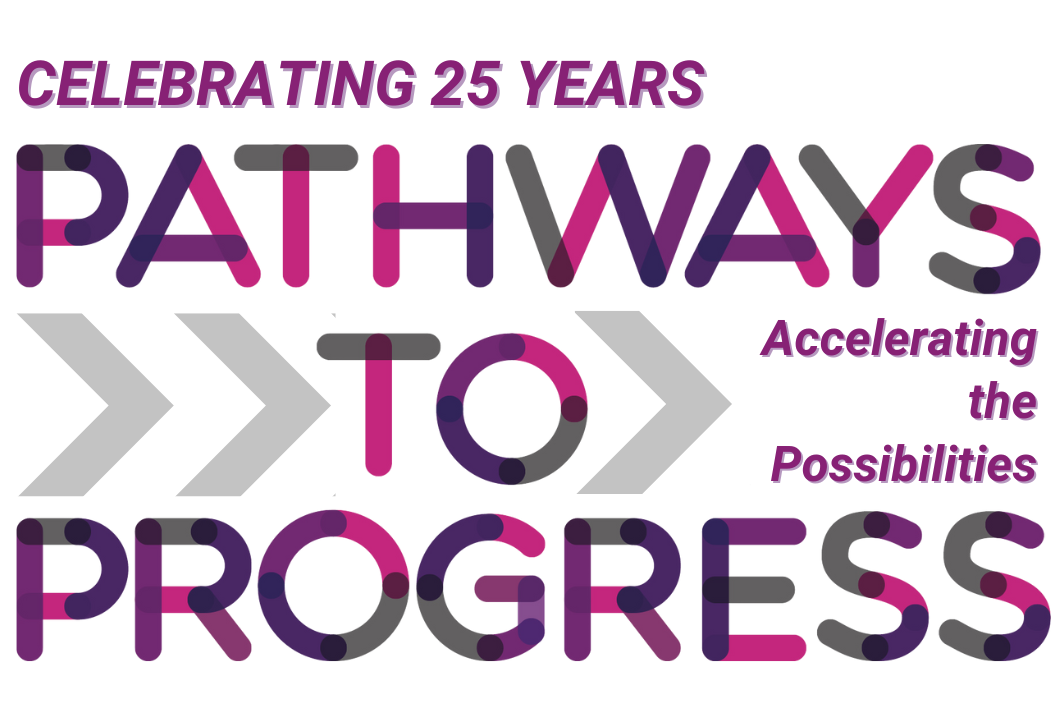To mark 25 years of advancing opportunities for women, the WNY Women’s Foundation released the third installment of Pathways to Progress: Accelerating the Possibilities. This data-driven report examines six key issues that disproportionately impact women in Western New York: child care, poverty, leadership, education, occupational segregation, and pay equity. Addressing these issues is vital for gender equality, economic security, and prosperity for women, families, and communities. Building on our 2010 and 2017 reports, the 2024 report goes beyond in-depth research and data - it serves as a strategic resource and a catalyst for change.
Child Care
Our deep dive into child care explores the affordability, accessibility, and critical importance of a strong child care system in Western New York. This white paper outlines the challenges families face, the urgent need to address the underpaid child care workforce, and the economic impact of insufficient child care, offering policy recommendations to build a more sustainable and equitable system for all.
POverty
Our white paper on poverty highlights how economic insecurity disproportionately impacts women in Western New York. It examines factors that create significant economic challenges for women, especially women of color, and systemic barriers that perpetuate economic inequality —providing data-driven insights and actionable strategies to promote women’s economic empowerment and advance economic equity across the region.
Leadership
Our leadership white paper examines women’s underrepresentation in senior leadership positions, the persistent barriers that hinder their career advancement, and the crucial importance of fully recognizing and advancing women’s talent and leadership potential. It provides insights into the current state of women in leadership across Western New York and outlines strategies to create more inclusive pathways for emerging and established leaders alike.
education
Our education white paper explores the connection between educational attainment and long-term career outcomes and economic stability for women in Western New York. It highlights disparities in access to educational opportunities, the challenges women face in pursuing continued education and training, and the role of education in breaking cycles of poverty. The report also presents strategies to expand access and support women in attaining the education they need to reach their full potential.
Occupational segregation
Our occupational segregation white paper examines the concentration of women in lower-paying, traditionally female-dominated fields such as education, healthcare, and retail, and the barriers they face entering higher-paying, traditionally male-dominated industries like technology, construction, engineering, and finance. The report outlines the economic consequences of this divide and provides actionable recommendations to create more inclusive and equitable career pathways for women in Western New York.
Pay Gap
Our pay gap white paper analyzes the persistent wage disparities between women and men in Western New York. It explores the factors driving the gender wage gap—including occupational segregation that often channels women into lower-paying fields, unequal caregiving responsibilities and “The Motherhood Penalty,” and discriminatory practices in hiring, promotions, and workplace policies that limit women’s earning potential. The report highlights policy and workplace solutions to promote pay transparency, support wage equity, and ensure women are compensated fairly for their work.

